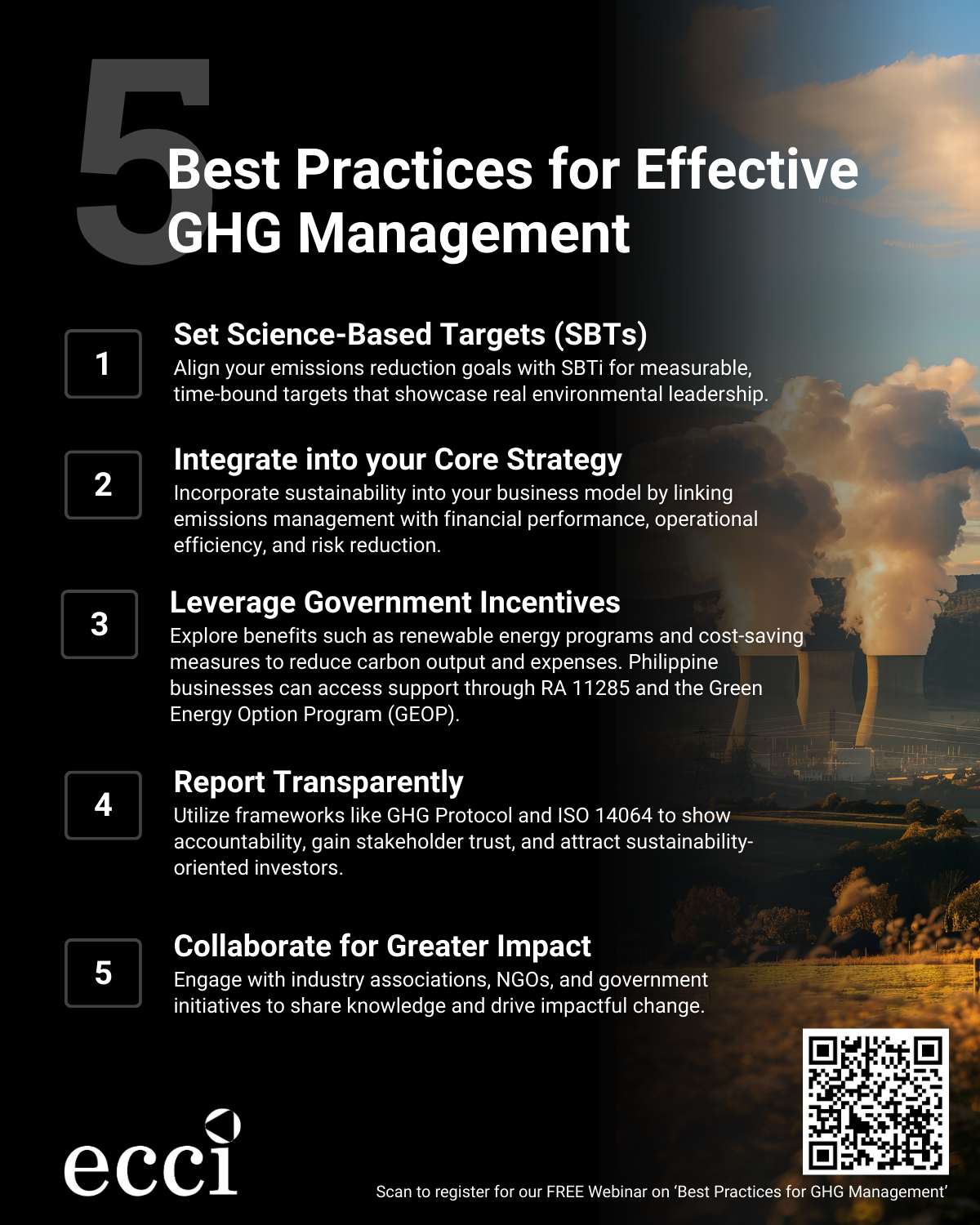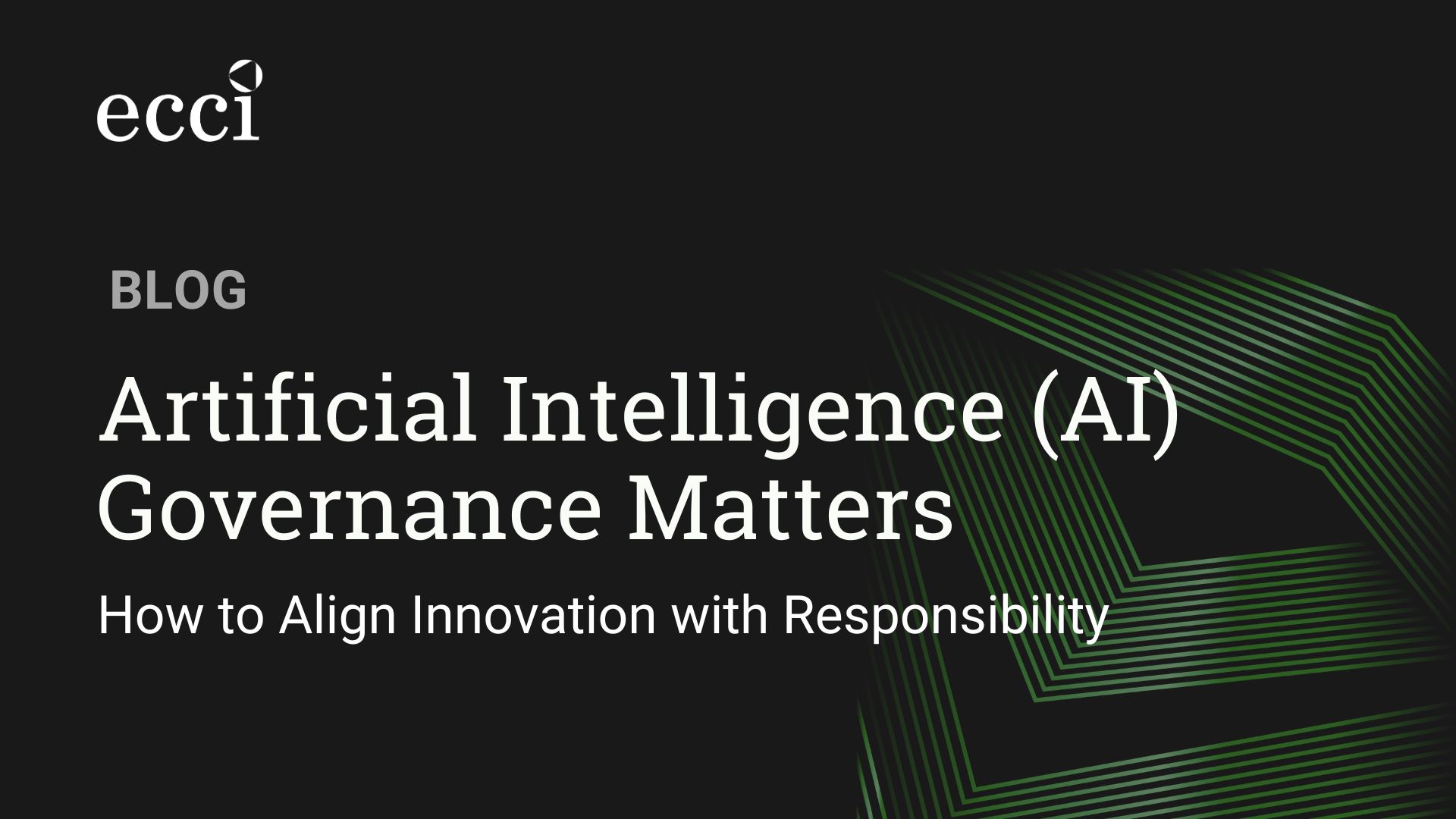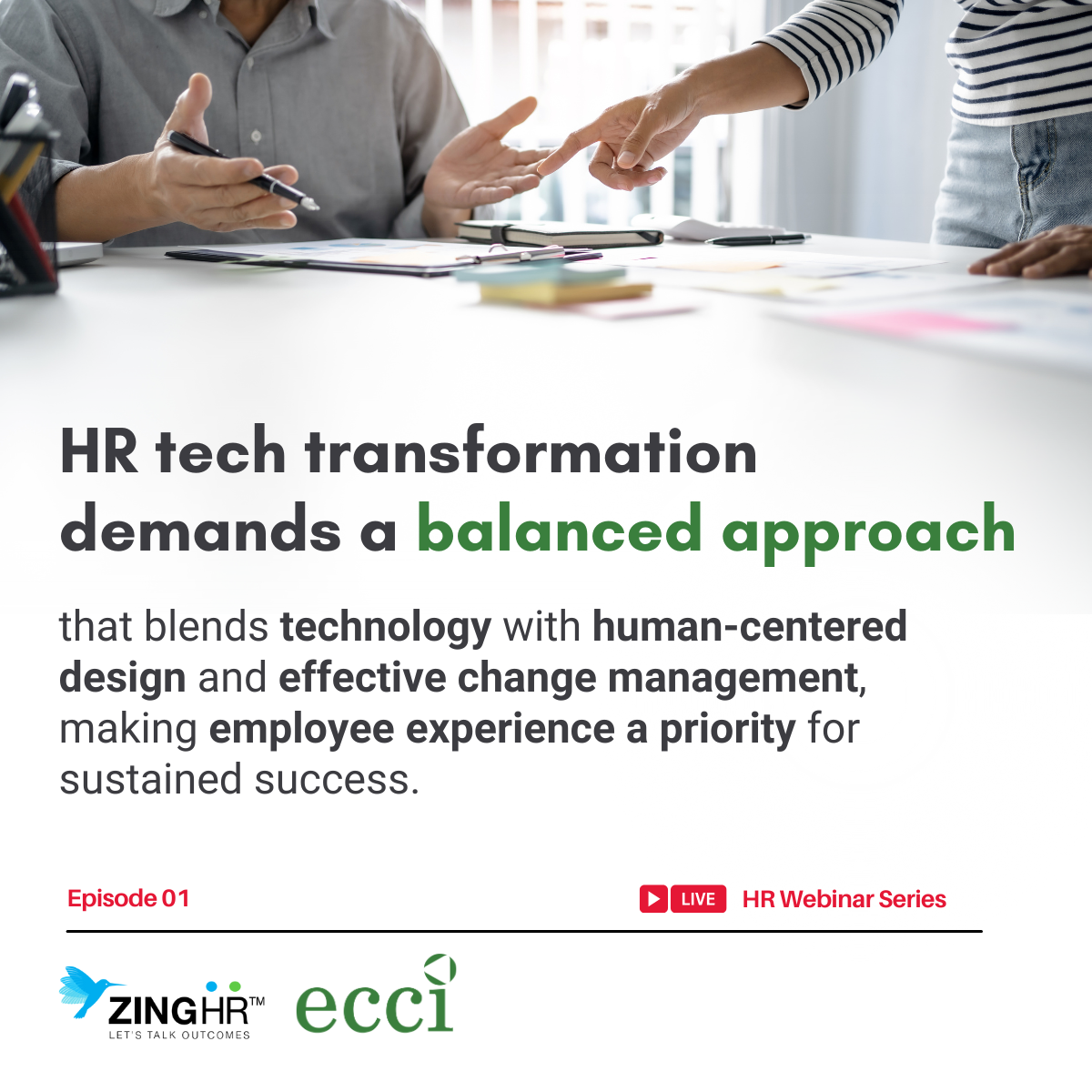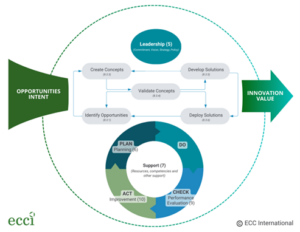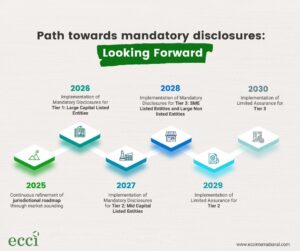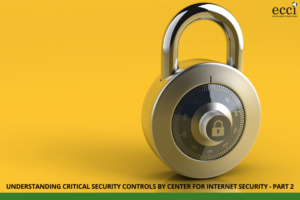Climate considerations are receiving increased attention in the Philippines, prompting both public and private sectors to focus on more robust greenhouse gas (GHG) emissions management. In alignment with global sustainability trends, the Securities and Exchange Commission (SEC) has introduced updated reporting guidelines for publicly listed companies (PLCs), signaling the growing importance of accurate and transparent environmental disclosures.
For businesses, this shift underscores that GHG emissions management is no longer just a matter of compliance—it’s a strategic move that can bolster credibility, resilience, and competitive advantage in a rapidly evolving market.
Key Lessons in GHG Emissions Management
- Know Your Emissions Profile– Begin by understanding your current emissions. Conduct a comprehensive GHG inventory using internationally recognized frameworks such as the GHG Protocol, ISO 14064, and now ISO 14068 for carbon neutrality. In the Philippine context, align your reporting with guidelines from the Department of Environment and Natural Resources (DENR) and the SEC to ensure your sustainability disclosures meet both local and global standards.
- Compliance is Non-Negotiable– Regulations are tightening worldwide, and the Philippines is no exception. The SEC Sustainability Reporting Guidelines are set to transition to the Sustainability Report (SuRe) Form, which places greater emphasis on climate-related disclosures, including tracking of GHG emissions. In addition, businesses working with multinational corporations must meet global supply chain sustainability standards. Staying ahead of these regulations safeguards compliance and enhances credibility.
- Energy Efficiency: The Low-Hanging Fruit– Major capital investments aren’t always necessary to reduce emissions. Simple measures—such as optimizing energy use, upgrading to LED lighting, and regular equipment maintenance—can yield significant cuts in both carbon footprint and energy costs. Leverage the Philippine Energy Efficiency and Conservation Act (RA 11285) for frameworks and incentives that support these efforts.
- Accurate Carbon Accounting- Accurate carbon accounting is critical to avoid reputational damage and legal risks. Rely on standards like ISO 14064 and GHG Protocol for quantifying emissions, and the newly introduced ISO 14068 for guiding your journey toward carbon neutrality. Integrating these standards with reliable carbon accounting software and third-party verifications not only ensures precision in measurement but also validates your progress towards becoming a carbon-neutral organization.
- Offsetting Is a Complement, Not a Substitute– Carbon offsetting—through tree planting or purchasing renewable energy credits—can play a useful role, but it should never replace direct emissions reductions. In the Philippines, investing in local projects such as mangrove restoration or community-based renewable energy can also amplify your corporate social responsibility (CSR) impact.
- Engage Stakeholders at All Levels– Effective GHG management requires organization-wide participation. From leadership to frontline employees, everyone should understand the importance of sustainability. Encourage carpooling or remote-work setups, and adopt green procurement policies to cultivate a culture of accountability.
Embrace Technology
Digital solutions—from AI-driven energy management to automated carbon tracking—are revolutionizing emissions management. Philippine businesses can leverage real-time monitoring, predictive analytics, and automation to make smarter, more cost-effective decisions about carbon reduction.
Best Practices for Effective GHG Management
- Set Science-Based Targets (SBTs)
Demonstrate your commitment to sustainability by aligning emissions reduction goals with the Science Based Targets initiative (SBTi). These measurable, time-bound targets allow benchmarking against industry peers and showcase leadership in environmental stewardship. - Integrate GHG Management into the Core Strategy
Sustainability shouldn’t be a standalone project. Embed emissions management into your business model, linking it to financial performance, operational efficiency, and risk mitigation. This strategic alignment ensures continuous improvement and drives long-term value creation. - Leverage Government Incentives
The Philippine government offers numerous benefits for businesses that adopt renewable energy, improve energy efficiency, and pursue green financing. Programs under the Green Energy Option Program (GEOP) and the Energy Efficiency and Conservation Act can help reduce both costs and emissions. - Report Transparently
Transparency is critical for building trust with investors, customers, and regulators. Adopting internationally recognized frameworks—such as the Global Reporting Initiative (GRI) or the International Sustainability Standards Board (ISSB)- IFRS S1 and S2- —demonstrates accountability and attracts sustainability-minded investments. - Collaborate for Greater Impact
Participating in industry associations, NGOs, and governmental programs fosters knowledge sharing and collective action.
The Road Ahead for Philippine Businesses
Effective GHG emissions management transcends mere regulatory compliance. It is a strategic approach that bolsters resilience, optimizes efficiency, and fuels long-term business growth. Companies that embrace these best practices will not only reduce their environmental impact but also position themselves as competitive leaders in an increasingly sustainability-focused market.
The time to act is now. By adopting structured, proactive measures—whether through energy efficiency, precision carbon accounting, or innovative technology—Philippine businesses can contribute meaningfully to global climate objectives while securing economic success in a fast-evolving world.
Take the next step and gain actionable insights at our FREE webinar, “GHG Emissions Management Done Right: Key Lessons & Best Practices for Businesses.” Join us on April 8, 2025, at 2:00 PM (PHT) via Zoom. This expert-led session, organized by ECCI, will guide you through practical strategies to align with international sustainability standards and optimize your performance. Secure your spot here.
For more in-depth training on GHG Accounting and Management, please refer to this brochure for additional information.
ECCI and APEX Global Learning are proud to contribute to the nation’s green skills development through the Sustainability Skills Series. Visit this link to explore all available courses.If you need support with your Sustainability Report or Corporate Sustainability Governance (CSG) Initiatives, feel free to visit this link.

